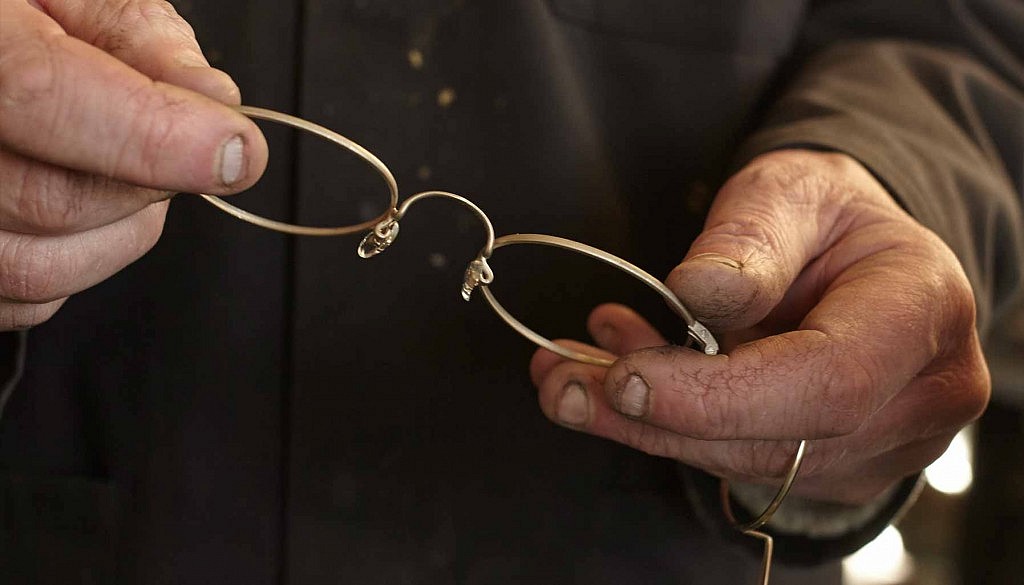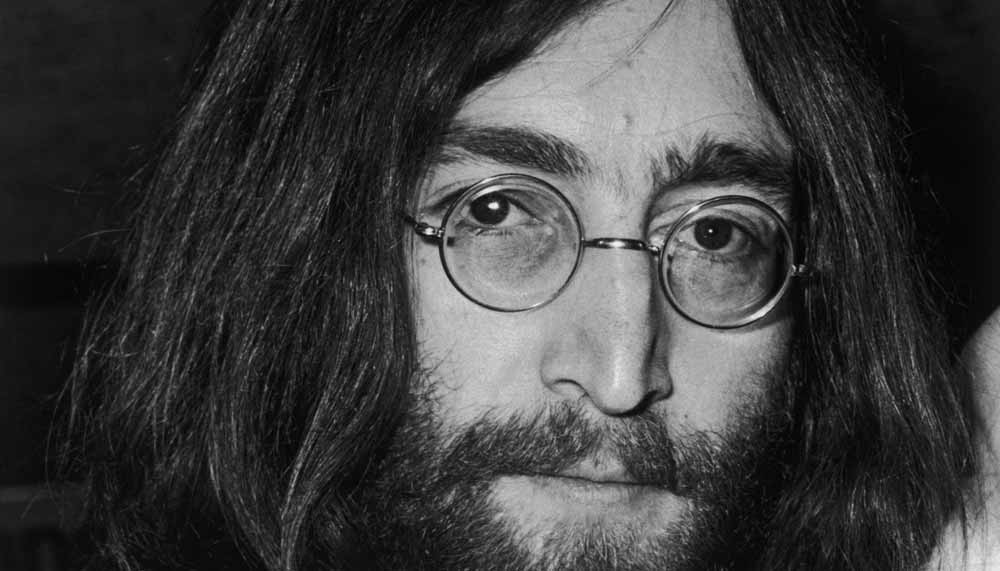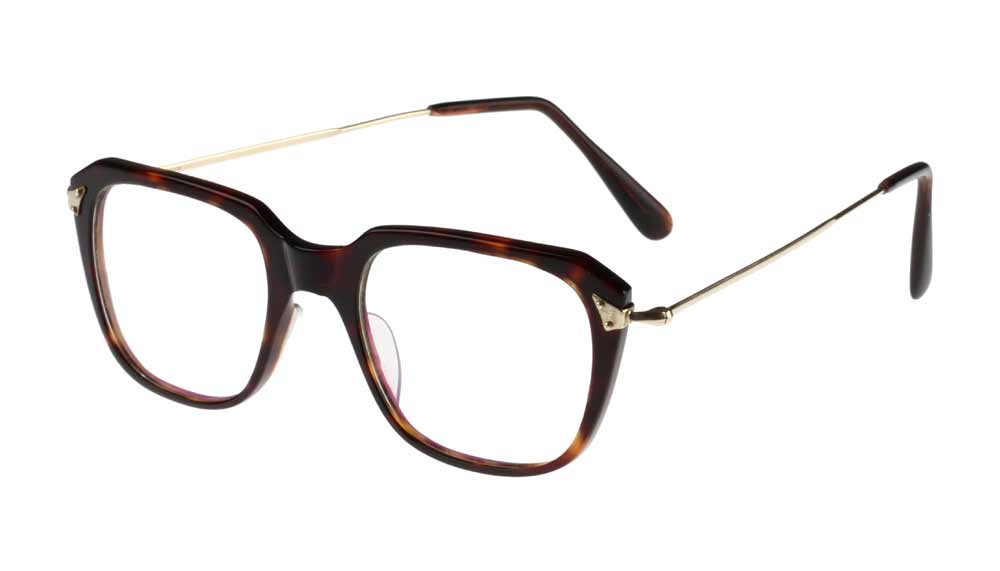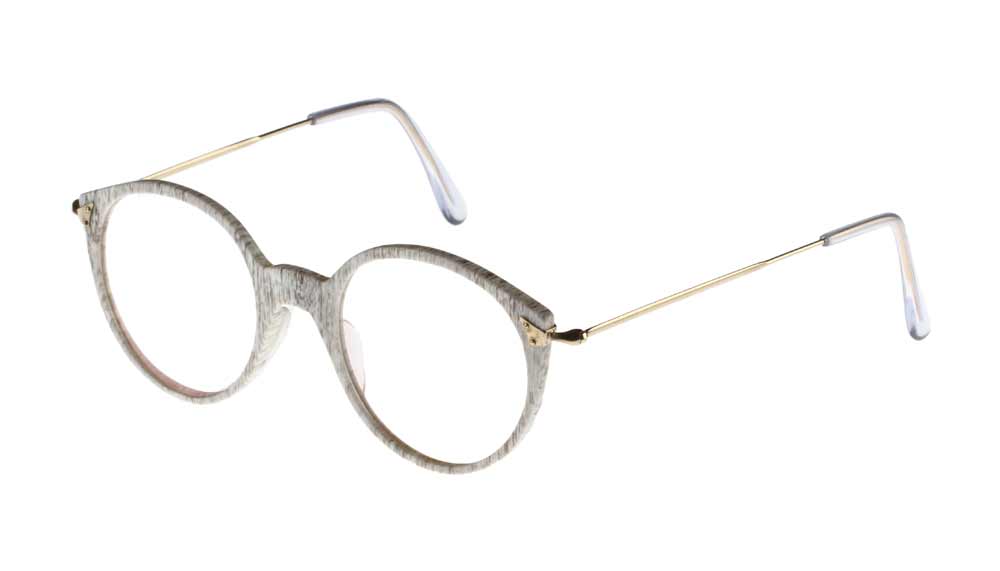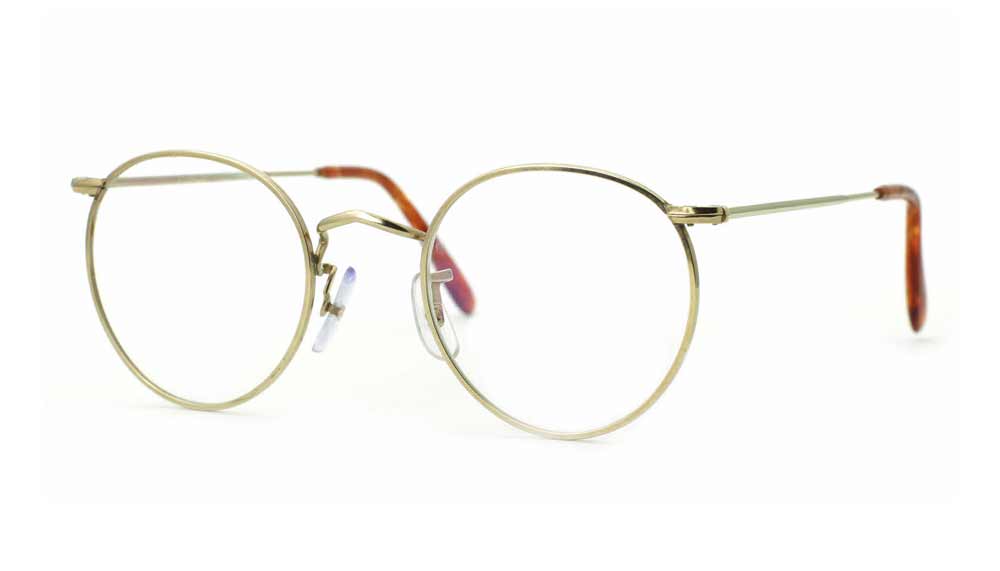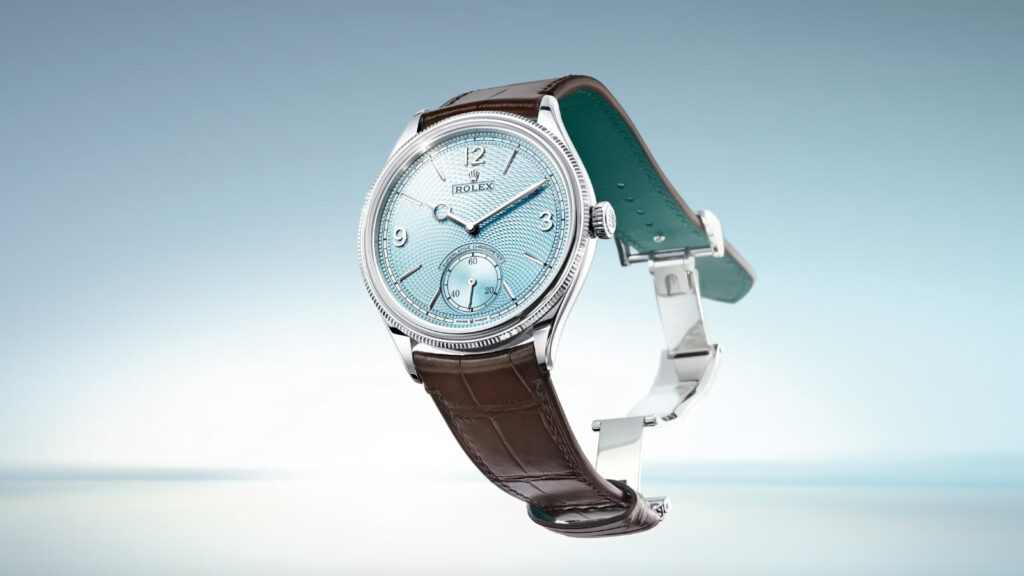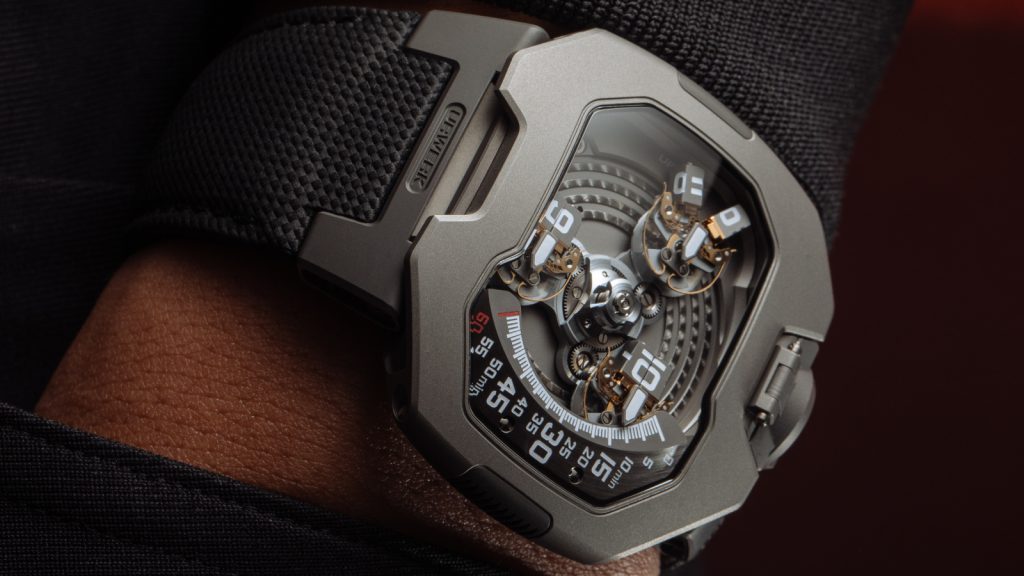Framed for life
It has, says Algha Works’ international sales director Ben Kogan, been a record 2016 for the company. But, he adds cautiously, that is compared with the eyewear manufacturer having hit “rock bottom” a few years ago. This was until the more sizeable eyewear design company Inspecs – which had quietly been keeping Algha afloat – finally bought it outright in 2014. “There’s a sense that that was a sentimental decision, that Inspecs’ owner couldn’t stand the idea of all our history and heritage being lost,” says Kogan.

Although few may have heard of Algha – its glasses have more recently been sold under the Savile Row Eyewear brand name – it was established in 1932 and operates out of east London. It makes its glasses on machinery that largely dates from that era, giving Algha’s products a precision that modern equivalent machinery cannot seem to match. And it is one of the last manufacturers to make its frames by a process known as ‘gold-filling’ – five slender threads of 18k gold coiled around a nickel core, itself the product of six intertwined wires. This gives them a lightness, durability and flexibility rarely found in modern spectacles.
“We’re fortunate in that current trends are towards metal frames and retro styles. We were doing retro before retro existed,” jokes Kogan. And certainly, Algha’s frames have barely been updated since the 1940s. In fact, after the Second World War, Algha’s founder, Max Wiseman, found himself with one of just two government contracts for the manufacture of spectacles then available on Britain’s National Health Service (NHS) – that meant the provision of some 1.5 million pairs of frames a year.
But that retro styling – Algha is one of the few that continues to shape arms in the ‘fish-hook’ way, wrapping around the rear of the ear – would also go on to win it a number of high-profile customers. John Lennon’s famed round glasses were from Algha, “although why he chose them is lost to history,” says Kogan. “Algha was much better known then or perhaps he was introduced to them through the NHS, but certainly they helped to make his image iconic.”
And the company has long been the go-to specs maker for the period film industry. Ben Kingsley’s Gandhi wore them, as did Harrison Ford’s Indiana Jones and, more recently, Daniel Radcliffe’s Harry Potter. “Inevitably we get a lot of people calling and asking to buy a pair of the Indiana Jones or the Harry Potter.”
But Algha frames are much more than their attendant famous names. Each pair is entirely made by hand – on a series of small, personal, hand-cranked machines, each responsible for one of the multiple tiny steps required to make, say, just a bridge. They are also only made to order, which means each part of each style can be selected in anywhere between four and eight sizes. One pair could cost between £300 (RM1,650) and £400 (RM2,200), with delivery in around eight days.
Unfortunately, while Algha’s star looks to be in the ascendant again, the company is not entirely out of the woods yet. The landlords of the building from which the company has long operated – which it sold during harder times – is now looking to cash in on the current east London property boom and redevelop it as apartments.
“It’s upsetting because the building is so central to our story,” Kogan admits – adding that it seems likely Algha will need to relocate some time this year. One can only hope that this does not spell the end of this eyewear institution, so much as affords it a fresh start.
